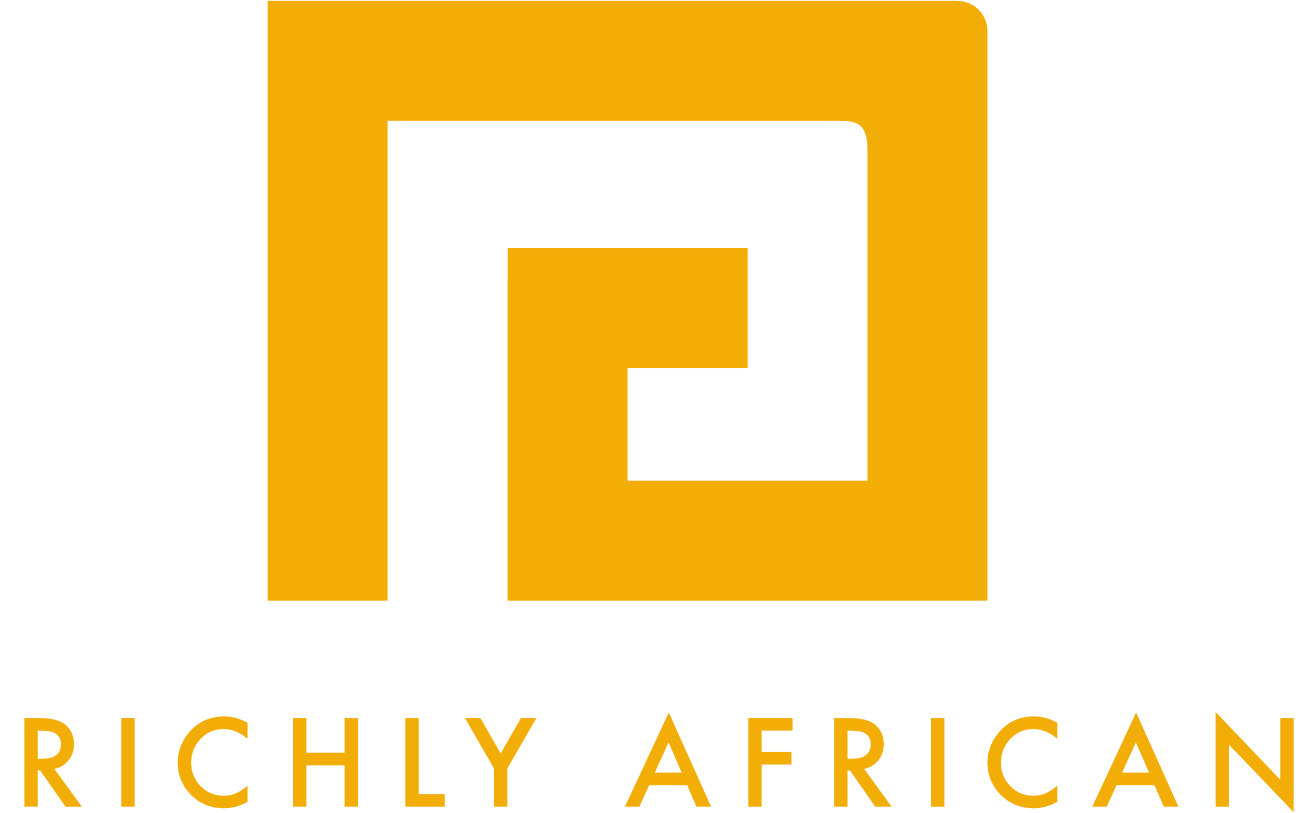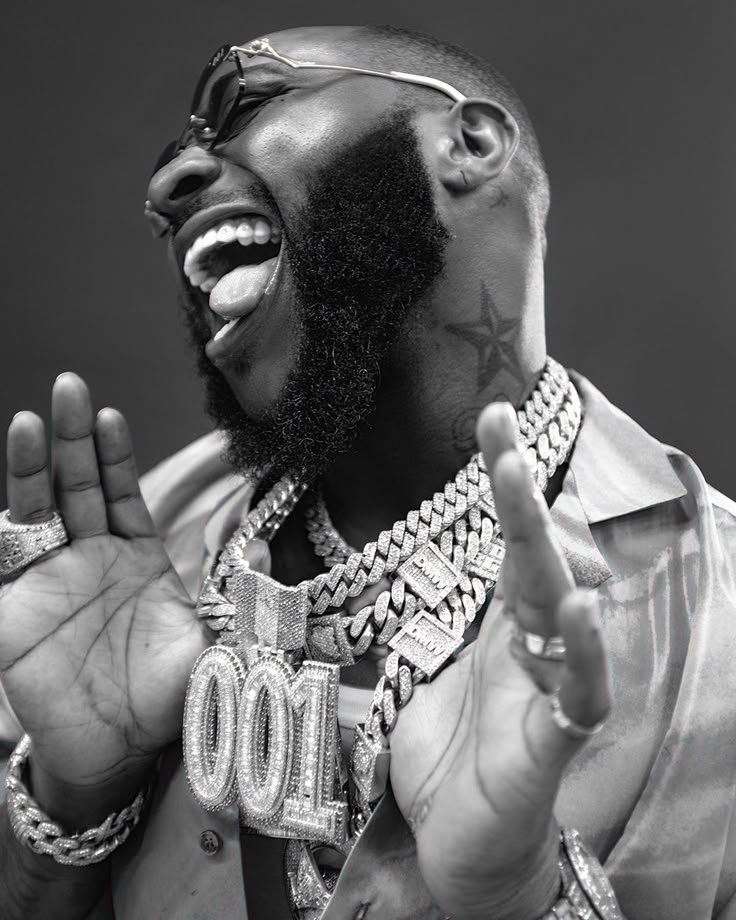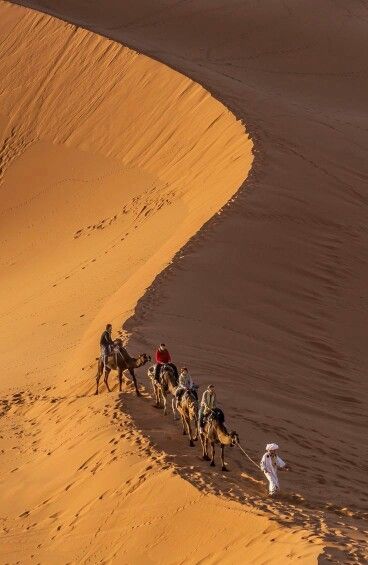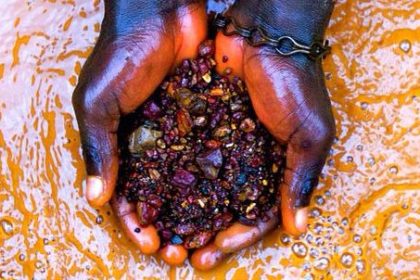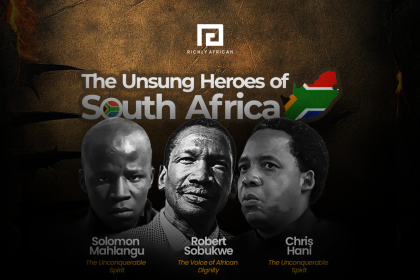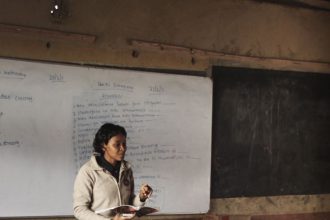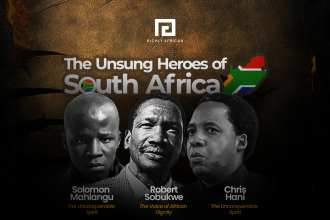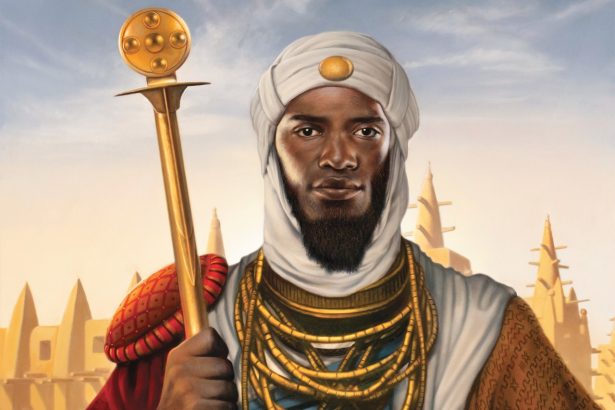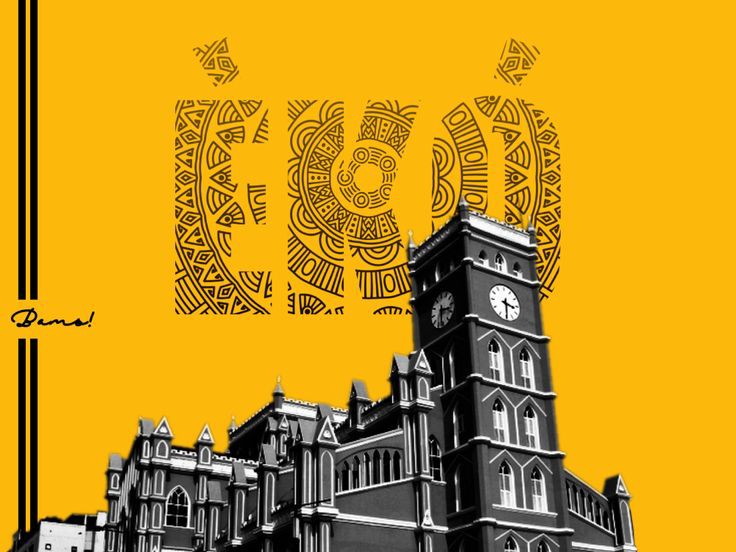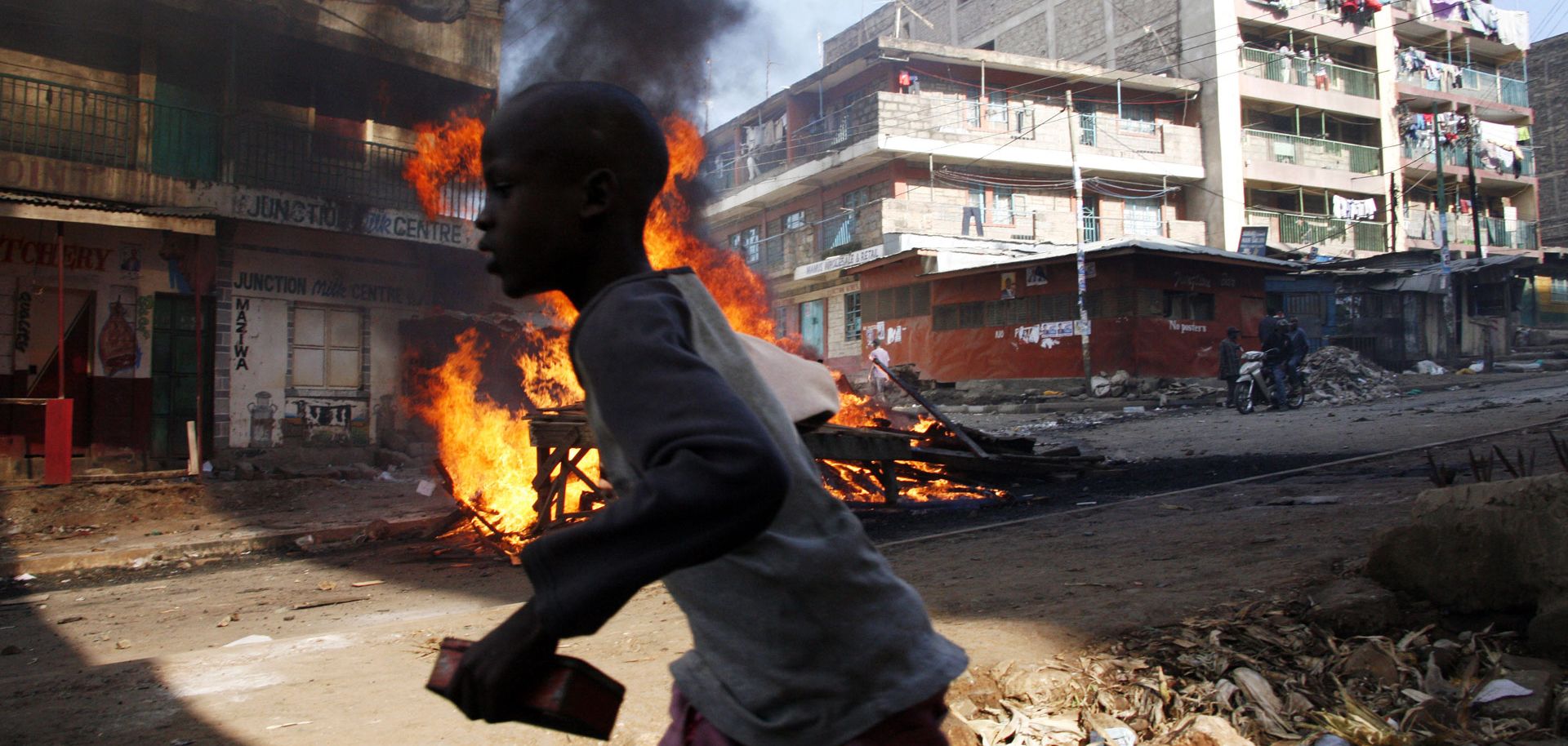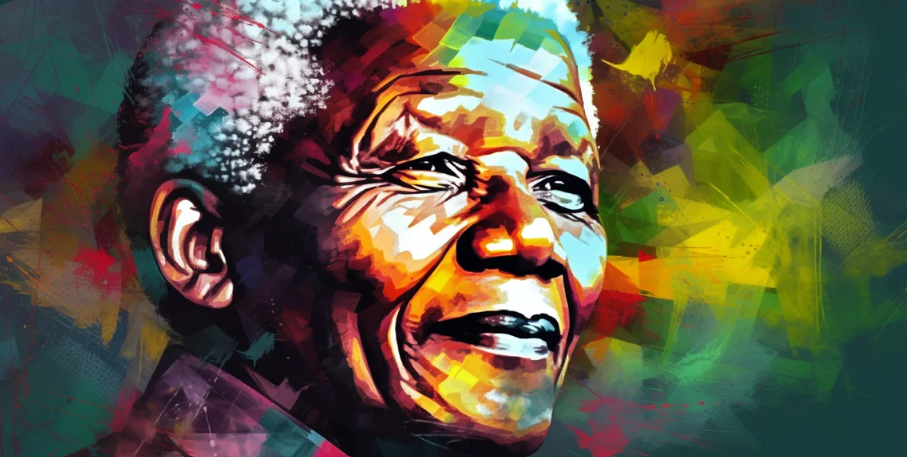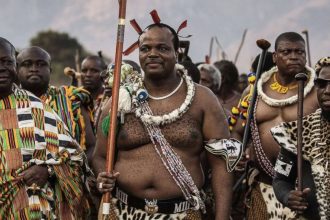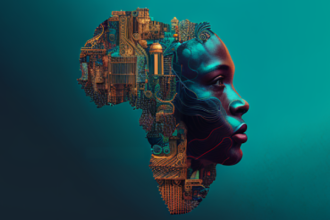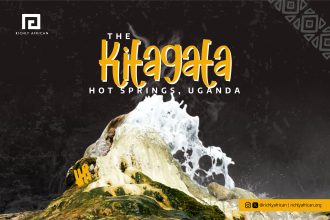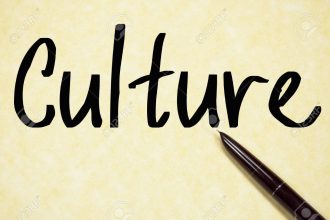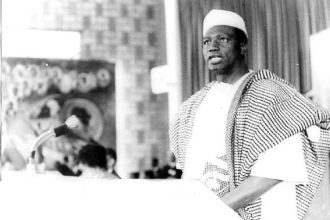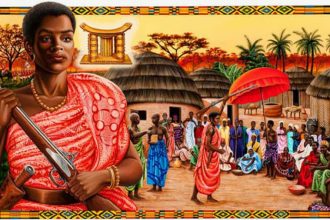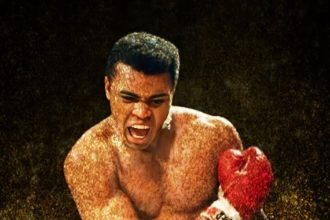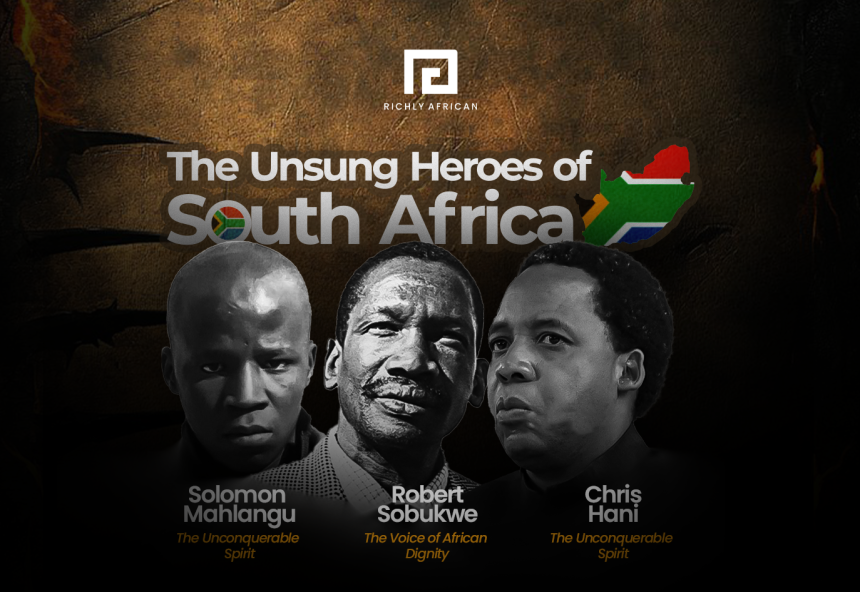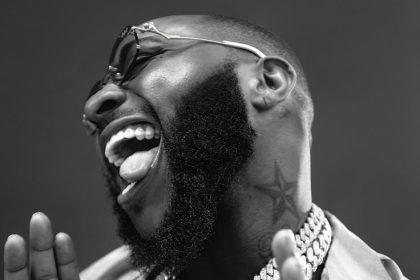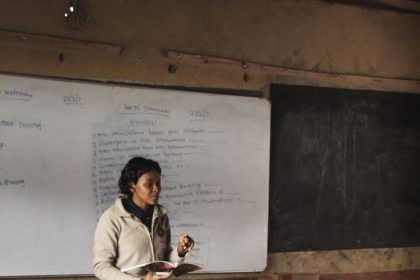Most Streamed African Songs of 2025
Introduction African music had an extraordinary year in 2025, breaking records and reaching new heights across streaming platforms worldwide. The most streamed African songs of 2025 show how African artists are building lasting legacies that resonate with millions of listeners around the world. 2025 marked a turning point for African music on digital platforms. According to Spotify's Wrapped 2025 data,…
Top 3 Afro Gospel Songs of 2025
Afro Gospel music had an amazing year in 2025. The genre moved from church worship into mainstream charts, winning hearts across Africa and beyond. The top 3 Afro Gospel songs of 2025 show how African artists blend African rhythms with spiritual messages to create music that makes people dance and worship at the same time. 1. "No Turning Back II"…
The Significance of The Caravan Desert to Libya’s independence
INTRODUCTION Libya’s independence in 1951 did not come only from negotiations or international decisions, it was shaped by deeper forces that had long connected the land and its people. One of the most overlooked of these forces is the caravan desert. This is a network of routes, movement, and exchange that linked Libya’s regions long before the modern state existed.…
Editor's Pick
Top 3 Afro Gospel Songs of 2025
Afro Gospel music had an amazing year in 2025. The genre moved…
Most Read
From Swaziland to Eswatini: A Name That Spoke of Home
INTRODUCTION Every September 6, the Kingdom of Eswatini celebrates its Independence Day,…
African creatives and AI proliferation – the rise of a new powerful continent?
In the dynamic technological advancement landscape, AI proliferation is the hallmark of…
Examining the Impact of Corruption on African Politics
Corruption, a pervasive issue that has plagued governments around the world, has…
The Kitagata Hot springs – Uganda
Like a gothic scene from the past age, the kitagata hot springs,…
Write the culture – Francis kipchirchir Talam
Embrace the culture, celebrate diversity's grace, Each person has a purpose, a…
Mali at 65: Modibo Keita and his Vision of African Socialism
On September 22, 1960, Mali gained independence from France, marking the birth…
5 Ways African Entrepreneurs Are Funding Their Dreams Without Bank Funds
In Africa today, dreams are no longer waiting for bank approvals. From…
Top 5 African Brands Going Global in 2025.
Content: Introduction Awa Doc Boyedo Dang! Lifestyle WorkPay Kenneth Ize One thing…

Advertise your products and services here.
Sponsored Content
Global Coronavirus Cases
Confirmed
0
Death
0
Stay Up to Date
Subscribe to our newsletter to get our newest articles instantly!
Who named Africa the dark continent?
This pertinent question must be asked. Who named Africa the dark continent? Why did they do it? The term "Dark Continent" was historically used to refer to Africa, and it was primarily rooted in misunderstandings, misconceptions, and biases prevalent during the European exploration and colonization of Africa. This nickname did not describe the continent's characteristics but rather reflected the limited knowledge that Europeans had about the African continent at the time. Here are some key reasons why Africa came to be known as the "Dark Continent": Geographical Unfamiliarity: For many Europeans in the late 19th and early 20th centuries, Africa was largely unexplored and unfamiliar. Much of the interior of the continent remained a mystery to them, with uncharted territories, dense jungles, and vast deserts. The lack of accurate maps and knowledge of the continent's geography contributed to the perception of darkness. Cultural and Linguistic Diversity: Africa is incredibly diverse in terms of languages, cultures, and traditions. Europeans, unfamiliar with this diversity, often perceived it as complex and foreign, further contributing to the perception of Africa as an enigmatic and "dark" place. Colonial Ambitions: European colonial powers had an interest in portraying Africa as a mysterious and untamed land. By referring to it as the "Dark Continent," they could justify their imperialistic endeavors, framing their efforts as bringing "enlightenment" and civilization to a supposedly uncivilized and undeveloped land. Racism and Stereotyping: Unfortunately, deep-seated racist beliefs and stereotypes about Africans contributed to the term's usage. These prejudices perpetuated the idea that Africa was a "dark" and inferior continent despite the rich cultures, societies, and histories that existed there. Challenges of Exploration: The difficulties faced by early European explorers in navigating the continent's harsh environments and encountering unfamiliar diseases and wildlife added to the mystique and dangers associated with Africa. It's essential to understand that the term "Dark Continent" is outdated and offensive, as it perpetuates negative stereotypes and misconceptions about Africa. In contemporary discourse, it is important to approach Africa with respect and a recognition of its rich diversity, cultures, and contributions to the world. Today, Africa is celebrated for its vibrant societies, its role in global history, and its significant contributions in various fields, including art, culture, science, and more. Watch the video below and drop your comment. View this post on Instagram A post shared by Voice of Africa 🌍🌍 (@__african__motivation)
The Unsung Heroes of South Africa
South Africa’s journey from oppression to democracy is not a tale of mere politics; it’s a rich story that wasn’t written overnight. Their freedom was fought for, carved out of…
